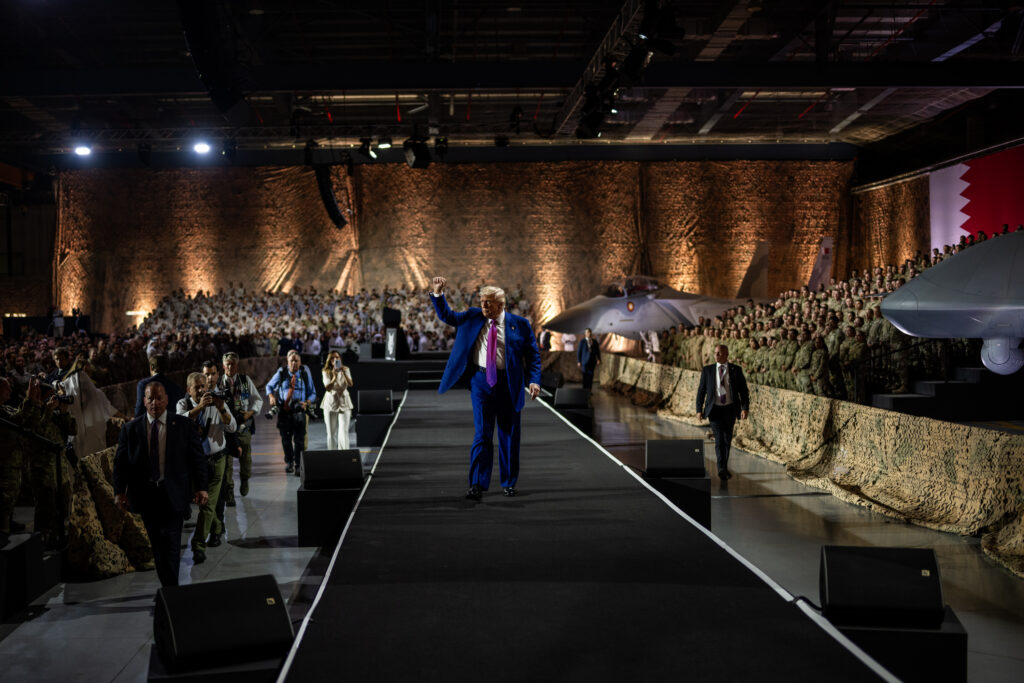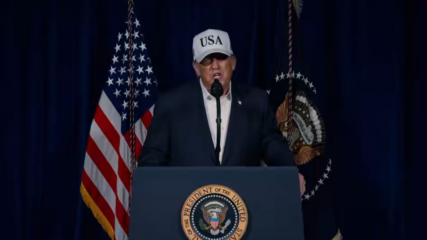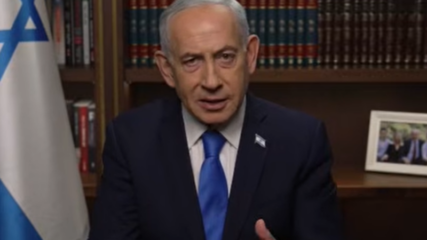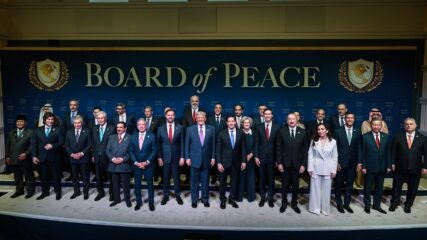President Trump issued a presidential order placing Qatar under the military protection of the United States. He did not submit his policy for U.S. Senate ratification, as would be necessary for the staying power of a treaty. The U.S. had never offered such protection to an Arab country, let alone one that sits across the Persian Gulf from Iran. The action was viewed as a direct response to Israel’s intrusion into Qatar’s sovereignty three weeks earlier in a failed attack on Hamas leaders in Doha. But the order might have been a step toward including Qatar in the Abraham Accords. And Qatar is potentially a key funder in rebuilding the Gaza Strip.










